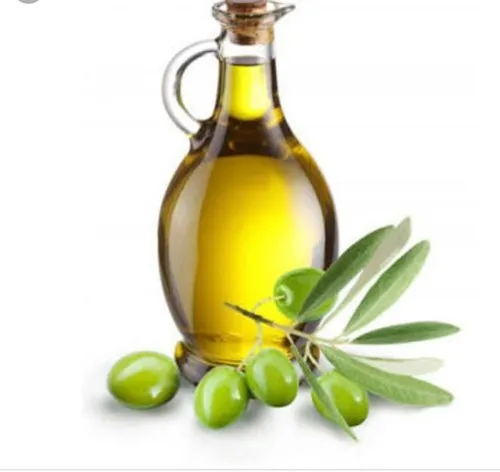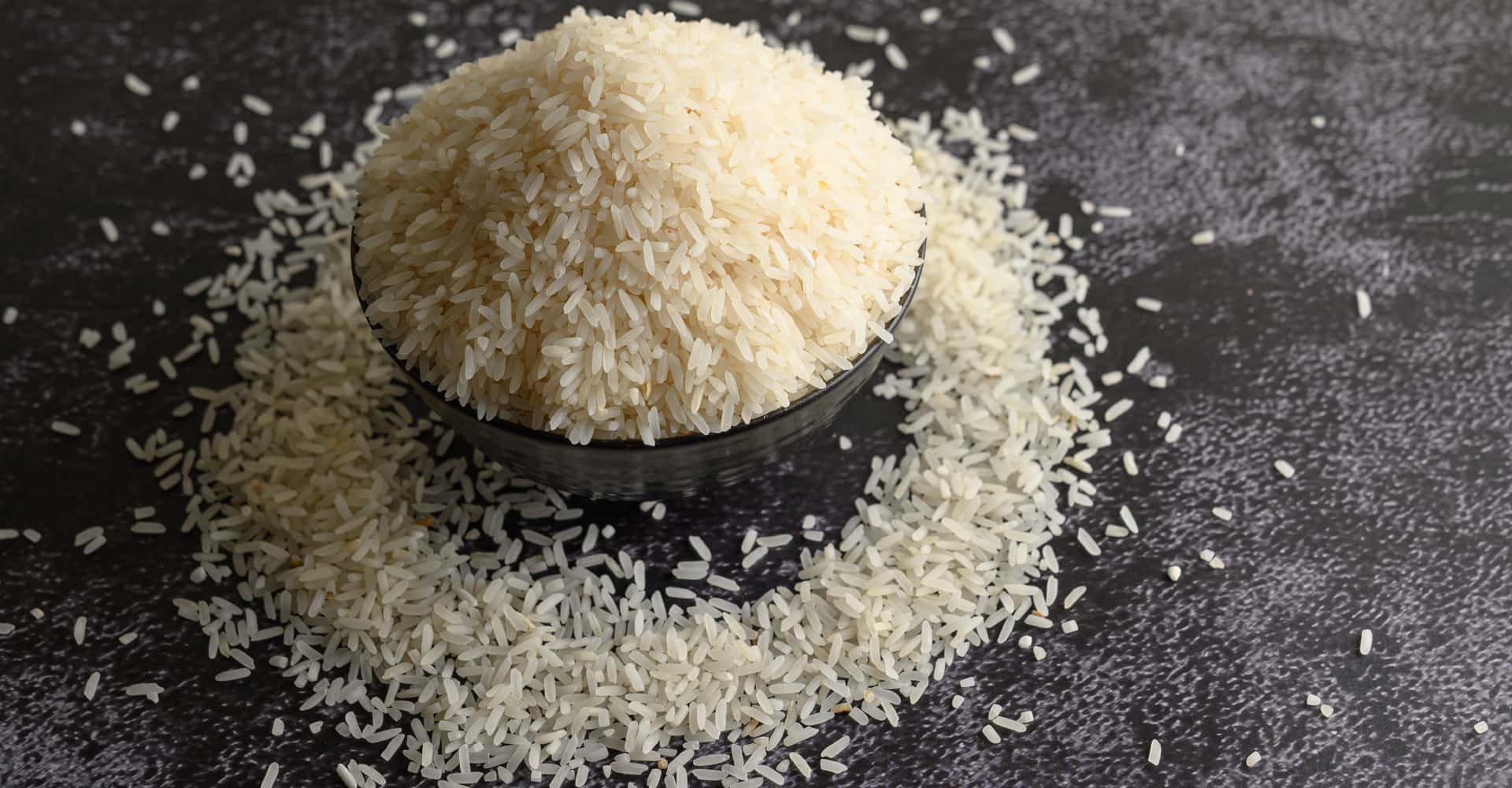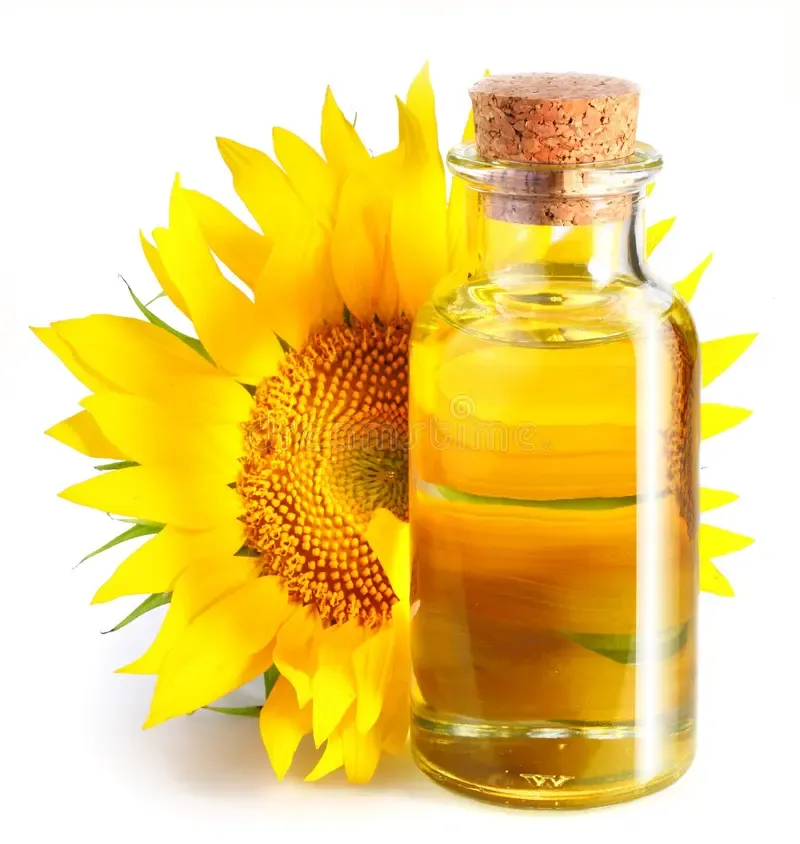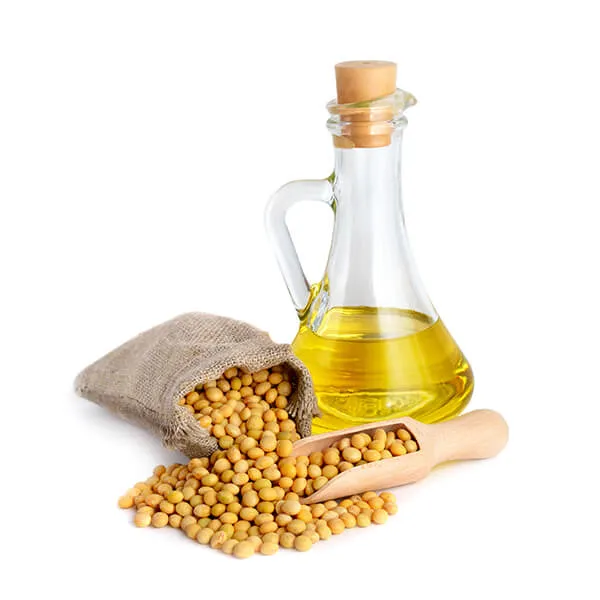Olive oil is a staple in many kitchens around the world and is especially important in Mediterranean cuisine, where it has been used for thousands of years. It is made by pressing whole olives and extracting their natural oils. The quality and flavor of olive oil depend on factors such as the type of olives used, the region where they are grown, and the extraction process.
Extra virgin olive oil (EVOO) is the highest quality, obtained through cold-pressing without the use of chemicals or heat. It retains the natural flavor, aroma, and nutrients of the olives and is best used in raw or low-heat dishes like salad dressings, dips, and drizzles. Virgin olive oil is also unrefined but has a slightly higher acidity, while refined olive oil undergoes processing and is more neutral in flavor, making it suitable for high-heat cooking.
Olive oil is known for its many health benefits. It is rich in monounsaturated fats, which can help reduce bad cholesterol (LDL) and increase good cholesterol (HDL). It also contains powerful antioxidants, such as polyphenols and vitamin E, which protect the body from oxidative stress and inflammation.
Regular consumption of olive oil has been linked to a lower risk of heart disease, stroke, and certain types of cancer. It may also support brain health, aid digestion, and improve skin and hair quality when used topically.
In addition to its health and culinary benefits, olive oil has cultural and religious significance in many parts of the world, often symbolizing peace, purity, and prosperity. It is also used in natural remedies and traditional medicine.
Today, major producers of olive oil include Spain, Italy, Greece, and Turkey, with Spain being the largest exporter. As global awareness of healthy eating grows, the demand for high-quality olive oil continues to rise, making it a prized ingredient in both everyday and gourmet cooking.







